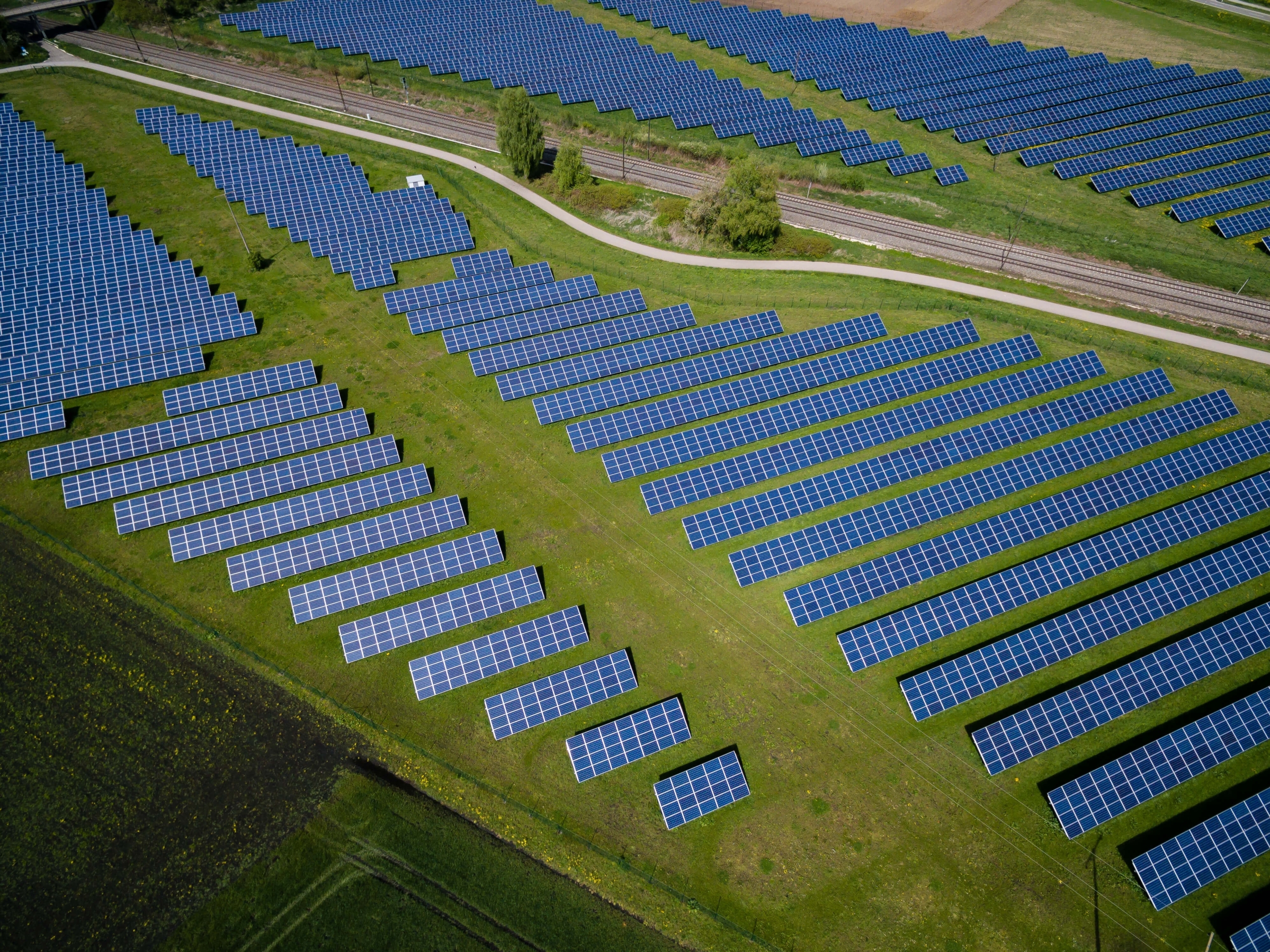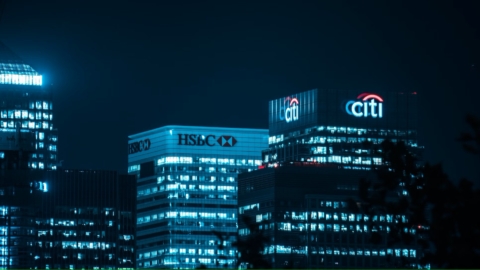
By Roel Meijvis
Partly because of rapid technological developments and innovations in the field of renewable energy, it is also attractive for commercial reasons to become ‘greener’ as an organization. While that seems to kill two birds with one stone, a dangerous kind of opportunism lurks that serves as an example of a certain way of thinking that lies beneath. It is the way of thinking that is only truly in need of transition.
One of the most important things to happen in this climate crisis is the energy transition. Instead of fossil fuels, we must switch, preferably as soon as possible, to sustainable energy from wind and sun. Fortunately, the developments in that field are promising. In 2012, Mark Rutte said that wind turbines were not powered by wind but by subsidies, and now entire wind farms are being built without a cent subsidy. The same is now starting to happen with solar panels. The International Energy Agency (IEA) predicted in 2015 that solar power would still be more expensive than fossil power in 2040, but six years later, according to the same IEA, solar power was already the cheapest energy source in some places. In fact, according to the research firm Bloomberg New Energy Finance, renewable energy projects are cheaper to build than fossil plants in 90% of the world.
Thus, the price of more sustainable energy is rapidly decreasing. This makes it increasingly easy to make the transition to sustainable energy. Even for those who are not concerned about the climate and are rather guided by their wallet, the choice for the cheapest energy source is the only right one. This also makes it a lot easier for the Finance professional to promote the choice for sustainable energy (or a more sustainable policy in general) within her or his organization. Good news! Right?
Certainly, but it is still important to make a comment here. It is fantastic that the fight against global warming and the destruction of our own living environment also brings economic benefits. Especially if that makes even the biggest climate sceptic willing to invest in sustainable projects. But this also has its downside.
Indeed, this economic thinking, a numbers-based way of thinking in pluses and minuses, has a dangerous kind of opportunism in it. What if, for example, another energy source suddenly emerges that is not sustainable but is much cheaper? A phenomenon such as ‘greenwashing’, in which companies pretend to be greener than they are, also seems to stem directly from this profitability thinking: it is the image that must be green in order to benefit from its advantages, whether the organization is actually green is not important, at most a ‘nice touch’.
Utilitarianism and deontology
In ethics, a number of theories or currents are distinguished from one another. One of these is utilitarianism. This current, part of consequentialism, states that the act that is ethical is the act with the best outcomes: the most utility or the most happiness. In other words, it is all about the consequences, and the end justifies the means. Not entirely coincidentally, this shows a great similarity to that economic thinking of pluses and minuses from just now. It is both thinking that focuses on what appears at the bottom of the line.
Een andere stroming in de ethiek die vaak tegenover het utilitarisme wordt gesteld is de deontologie, ook wel plichtethiek. Of een handeling wel of niet ethisch is, ligt niet aan de gevolgen, maar aan de intenties. Een bepaalde handeling is intrinsiek, om zichzelf, goed of slecht. In de deontologie wordt er dus niet gekeken naar wat er onderaan de streep verschijnt, maar naar de waardes op de balans zelf.
Another current in ethics that is often contrasted with utilitarianism is deontology, also called duty ethics. Whether an action is ethical or not is not down to its consequences, but to its intentions. A given action is intrinsically, for its own sake, good or bad. Thus, in deontology, the focus is not on what appears at the bottom of the line, but on the values on the balance sheet itself.
Intrinsic motivation to sustainability is more sustainable
Both currents are shown here in simplified form, and both currents have good arguments in their favor, and against. What I want to demonstrate by showing these two currents is that the mentioned problems associated with utilitarian, economic thinking – thinking that relies on the market in the fight against the man-made degradation of our environment, the same thinking that brought us into this crisis – can be countered with a more deontological view of (climate) ethics.
Climate and an associated sustainable policy must be seen and respected as an absolute value in itself. Only then does this condition of possibility for life not appear at all as a ‘mere’ item on the balance sheet and cannot be balanced away as such when, for example, the price of fossil fuel becomes cheaper again. The only sustainability policy that is sustainable is one that stems from the insight that something really has to be done and the intrinsic motivation to do the right thing for the environment and the earth.
Of course, it is true that a company that runs at a loss because of excessive sustainability costs is unsustainable. But that is destroying the earth, our own home and the nature that we are all the more so.
Fortunately, the two have recently been getting along better and better, and this is where a lot of opportunities lie for companies and organizations. To convince the utilitarians among us who are not converted by this piece: fighting climate change may cost money (1% of global GDP annually, according to the Stern Review in 2006), doing nothing will cost us 5% to 20% according to the same study.
Source for the figures cited in this column: https://www.groene.nl/artikel/de-hele-wereld-aan-het-stopcontact



